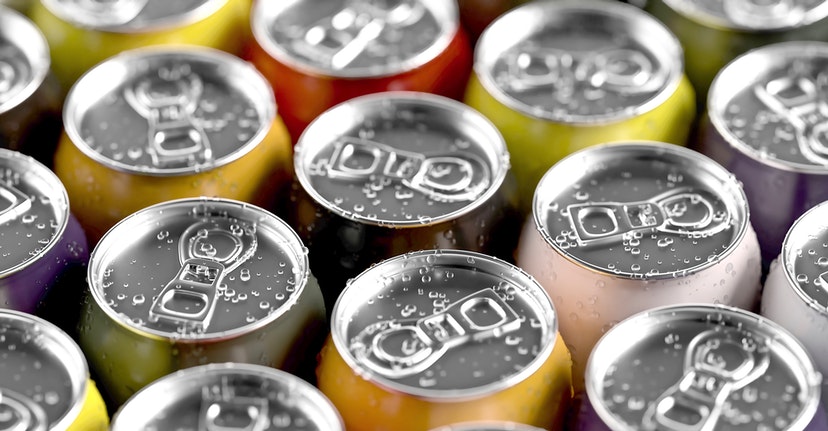Hard Seltzer Going Flat: Light Beer Is Making a Comeback
Fizzled Fad
The numbers back it up: hard seltzers were majorly popular throughout the pandemic’s earlier stages. Considered a low-calorie and fruity alternative to light beer, sales rose 11% in 2020 per data gathered by Bump Williams Company, as analyzed by Nielsen (NLSN). Meanwhile, during the four-week period ended July 2, hard seltzer sales in retail stores fell 18% year-over-year.
Boston Beer Co. (SAM), famous for Samuel Adams beer, developed its own hard seltzer brand by the name of Truly. Its CEO Dave Burwick says the product has lost its novelty, adding customers have become distracted by other “beyond-beer” products like canned cocktails and similar drinks.
Brands Rush In
It was common to see people drinking hard seltzers over the last few summers, whether from Truly, the White Claw brand, or otherwise. Back in 2020, Nielsen IQ claimed hard seltzers had the “most sustainable” growth trajectory when considering the entire alcohol landscape in the US.
In consideration of that trend, numerous companies large and small entered the beyond-beer marketplace. Natural Light and Michelob Ultra developed offerings. Others focused on flavors like tea, margarita, cola, and lemonade. Canned cocktails also exploded in popularity, as evidenced by Coca-Cola (KO) and Bacardi getting in on that market.
Truly, Madly, Off Mark
During last week’s earnings call, Boston Beer’s executives spent time discussing the state of Truly. Mr. Burwick said consumers between the age of 35 and 44 in particular have shifted away from hard seltzer in favor of light beer, which is cheaper. He noted Truly’s sales fell 17% in the second quarter, compared to the year-ago period.
Boston Beer has disclosed previous issues with the Truly brand as well. Despite ranking second in overall sales the company admits it overestimated demand last summer. Its 2022 seltzer forecast was recently cut once again. After predicting volume would be anywhere from flat to down 10%, executives now say sales could fall 15% to 20%. The pandemic certainly saw a pop in hard seltzer’s popularity, but some of that’s gone flat.
Please understand that this information provided is general in nature and shouldn’t be construed as a recommendation or solicitation of any products offered by SoFi’s affiliates and subsidiaries. In addition, this information is by no means meant to provide investment or financial advice, nor is it intended to serve as the basis for any investment decision or recommendation to buy or sell any asset. Keep in mind that investing involves risk, and past performance of an asset never guarantees future results or returns. It’s important for investors to consider their specific financial needs, goals, and risk profile before making an investment decision.
The information and analysis provided through hyperlinks to third party websites, while believed to be accurate, cannot be guaranteed by SoFi. These links are provided for informational purposes and should not be viewed as an endorsement. No brands or products mentioned are affiliated with SoFi, nor do they endorse or sponsor this content.
Communication of SoFi Wealth LLC an SEC Registered Investment Adviser
SoFi isn’t recommending and is not affiliated with the brands or companies displayed. Brands displayed neither endorse or sponsor this article. Third party trademarks and service marks referenced are property of their respective owners.
SOSS22072603



